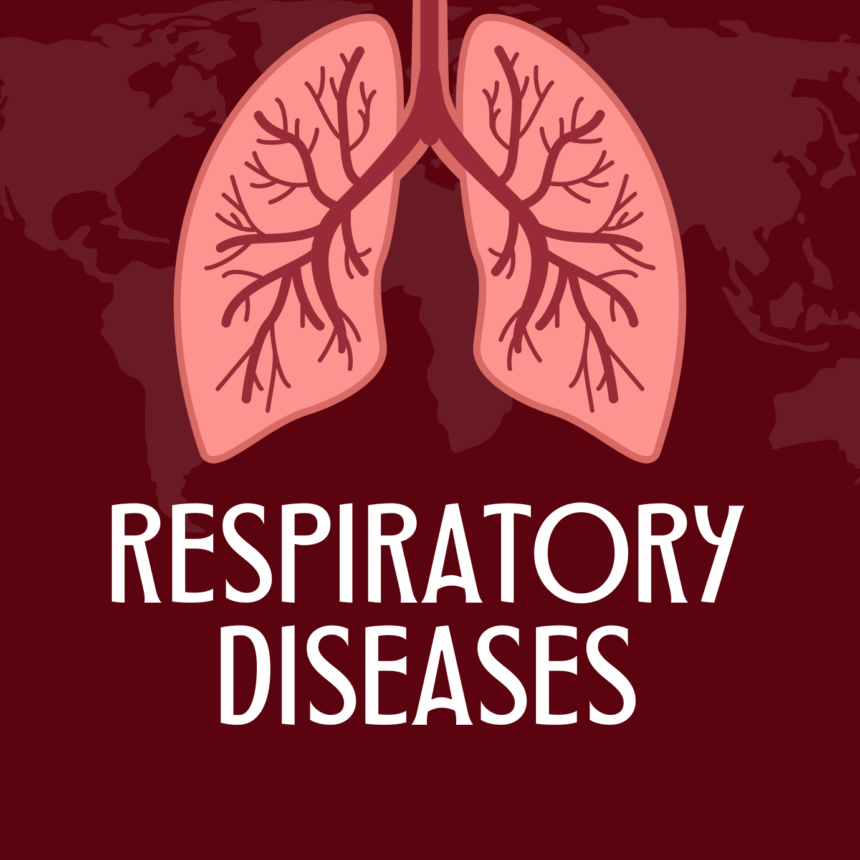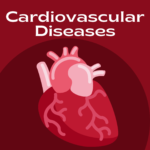Asthma is a chronic respiratory condition that affects millions of individuals worldwide. It is a complex disease with various triggers and symptoms, but with proper management, individuals with asthma can lead active and fulfilling lives. Let’s delve into the details of asthma, from its triggers to effective management strategies.
Understanding Asthma:
Asthma is characterized by inflammation and narrowing of the airways in the lungs. This inflammation can cause breathing difficulties, coughing, wheezing, and chest tightness. The severity of asthma can range from mild, occasional symptoms to severe, persistent attacks.
Common Triggers:
- Allergens: Allergens like pollen, dust mites, pet dander, and mold can trigger asthma symptoms in individuals with allergic asthma.
- Respiratory Infections: Viral infections like the common cold can exacerbate asthma symptoms, often leading to asthma attacks.
- Irritants: Environmental irritants such as tobacco smoke, air pollution, strong odors, and fumes can provoke asthma symptoms.
- Physical Activity: Some individuals experience exercise-induced bronchoconstriction (EIB), which is characterized by asthma symptoms during or after physical activity.
- Weather Changes: Cold, dry air can trigger asthma symptoms in some people, while others may be affected by hot and humid weather.
- GERD (Gastroesophageal Reflux Disease): Acid reflux can worsen asthma symptoms, especially at night.
Common Symptoms:
Asthma symptoms can vary from person to person and over time. Common symptoms include:
- Shortness of Breath: Individuals with asthma may feel breathless, especially during physical activity or at night.
- Coughing: Persistent coughing, particularly at night or early morning, is a common symptom.
- Wheezing: Wheezing is characterized by a high-pitched whistling sound during breathing and is a hallmark of asthma.
- Chest Tightness: Many individuals describe a feeling of tightness or pressure in the chest.
Effective Management:
While asthma has no cure, it can be effectively managed to control symptoms and prevent asthma attacks. Here are key management strategies:
- Medications: Asthma medications include quick-relief (rescue) inhalers for immediate symptom relief and long-term control medications to reduce inflammation.
- Allergy Management: Identifying and avoiding allergens is crucial for individuals with allergic asthma.
- Asthma Action Plan: A written asthma action plan helps individuals and their healthcare providers monitor symptoms and adjust treatment as needed.
- Lifestyle Modifications: Smoking cessation, regular exercise, and maintaining a healthy weight are important for asthma management.
- Flu and Pneumonia Vaccines: Getting annual flu vaccines and pneumonia vaccines as recommended can prevent respiratory infections that trigger asthma symptoms.
- Regular Check-ups: Routine check-ups with a healthcare provider ensure asthma is well-managed, and treatment plans are up to date.
In conclusion, understanding asthma triggers and symptoms, combined with effective management strategies, empowers individuals with asthma to take control of their condition. With proper care and adherence to treatment plans, individuals with asthma can lead healthy and active lives. If you or a loved one has asthma, consult a healthcare provider to develop a personalized asthma management plan.









